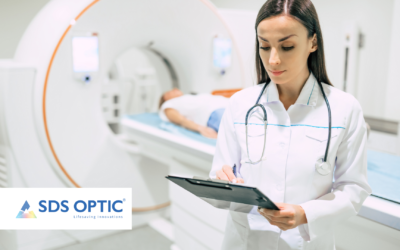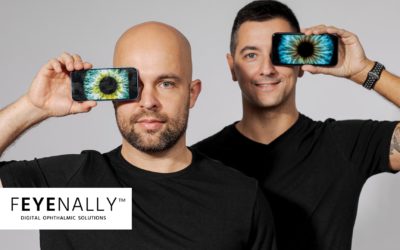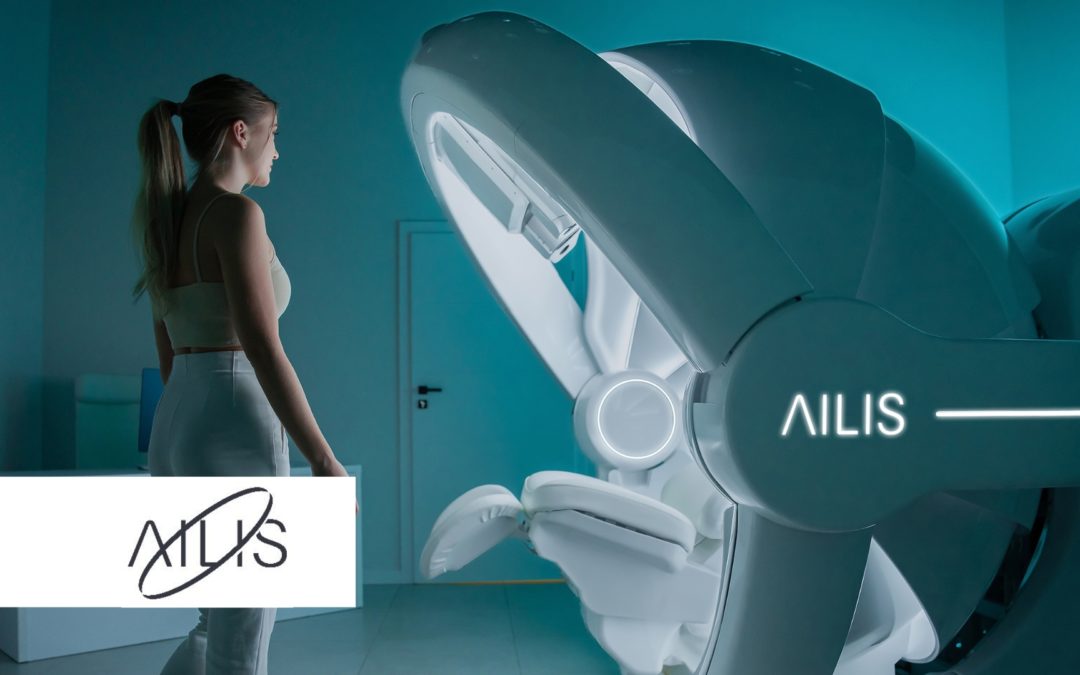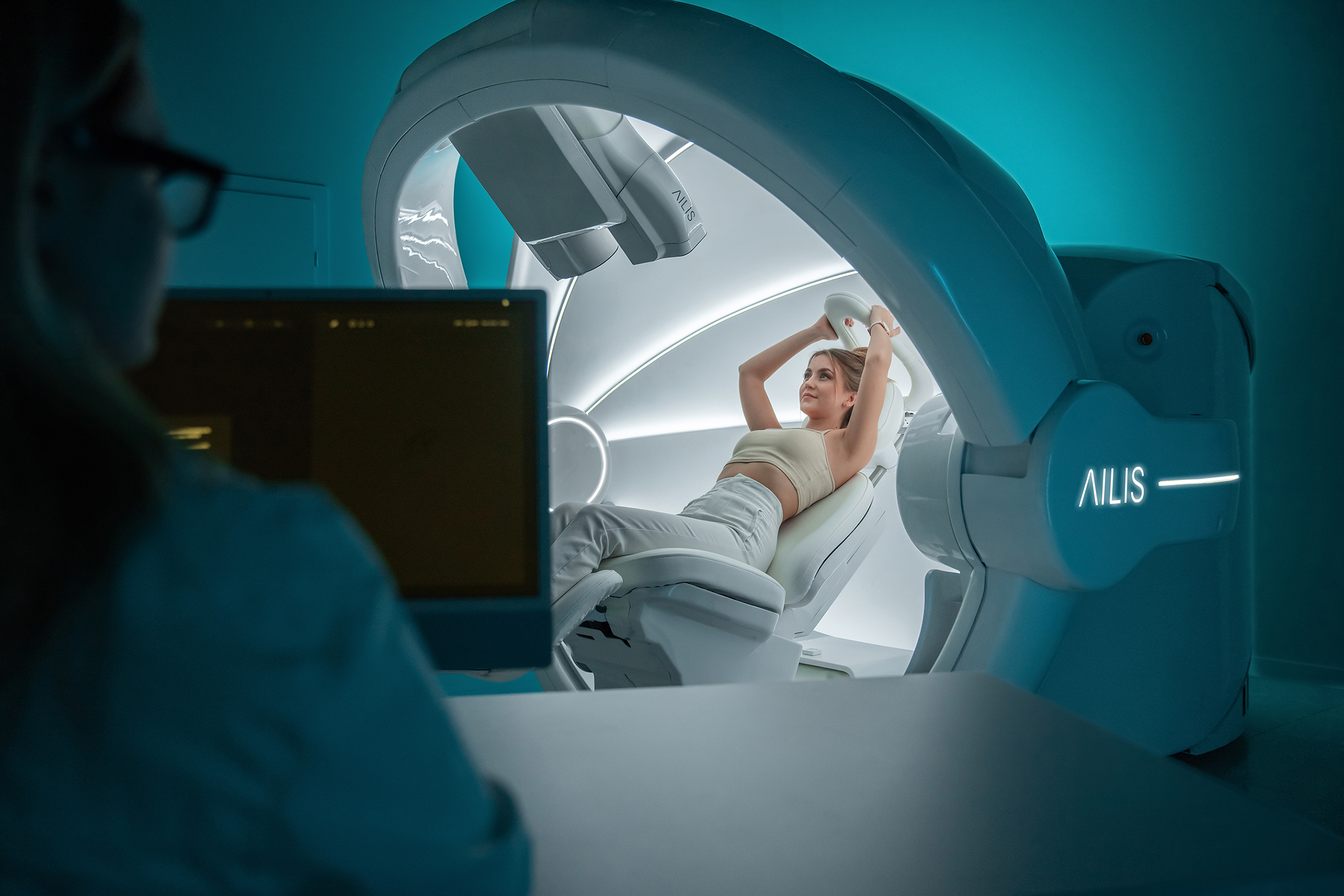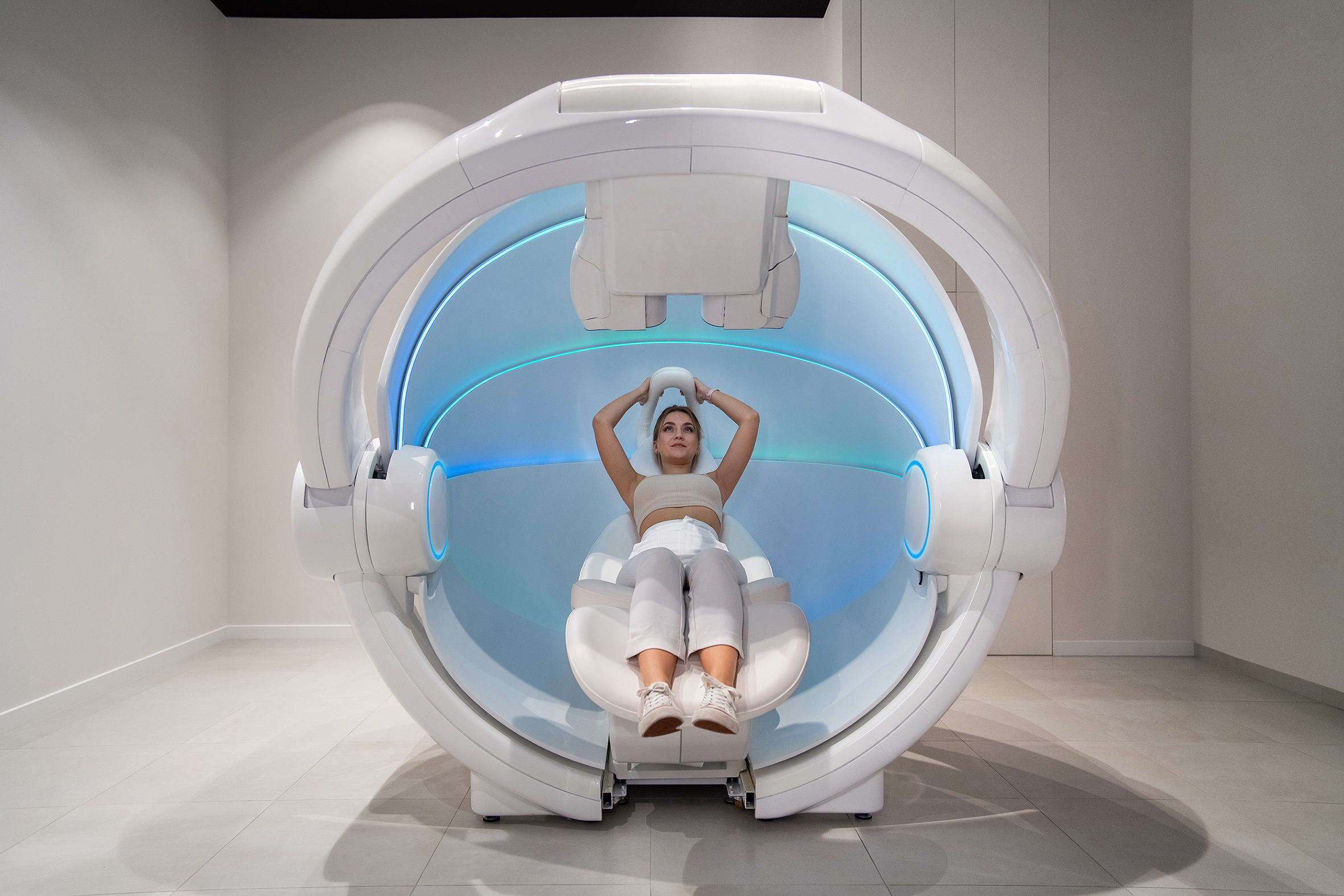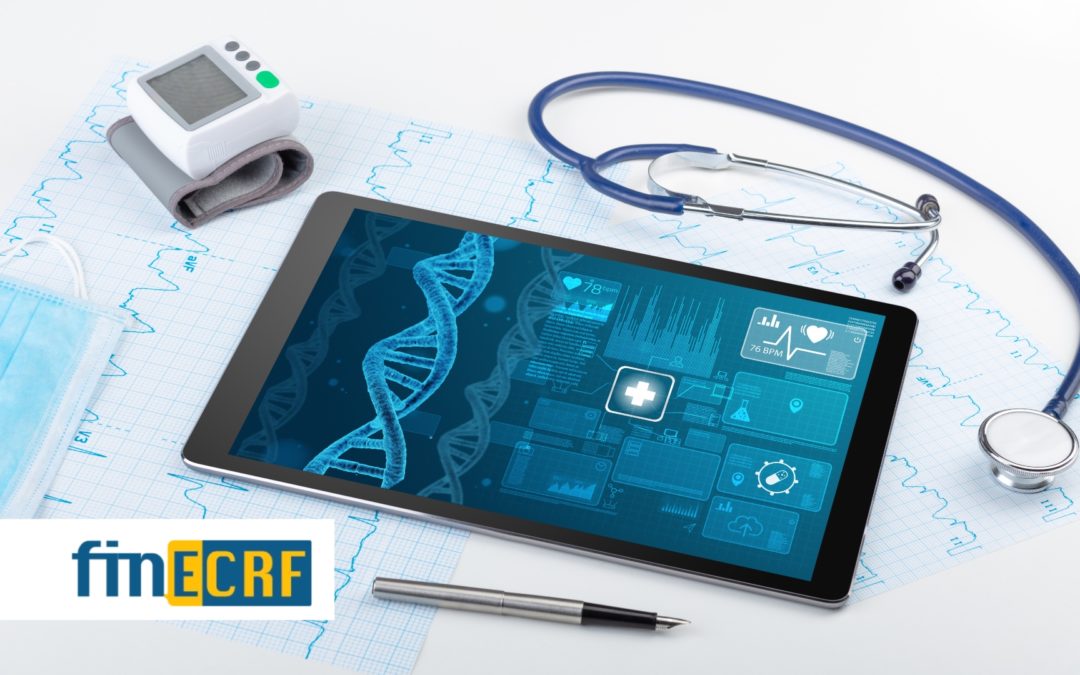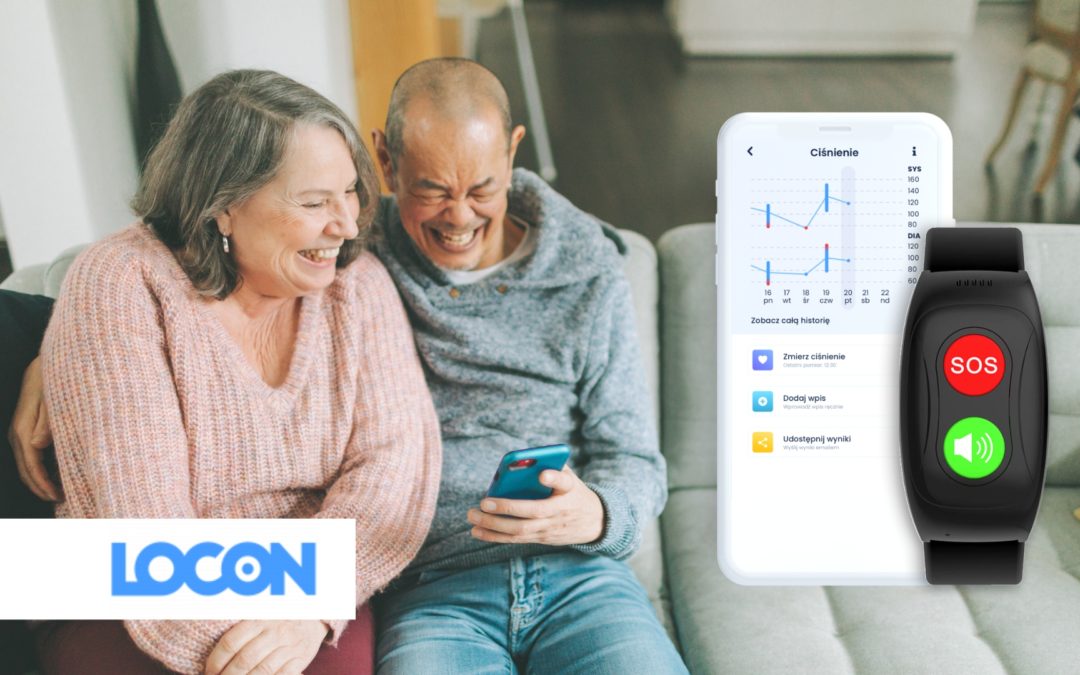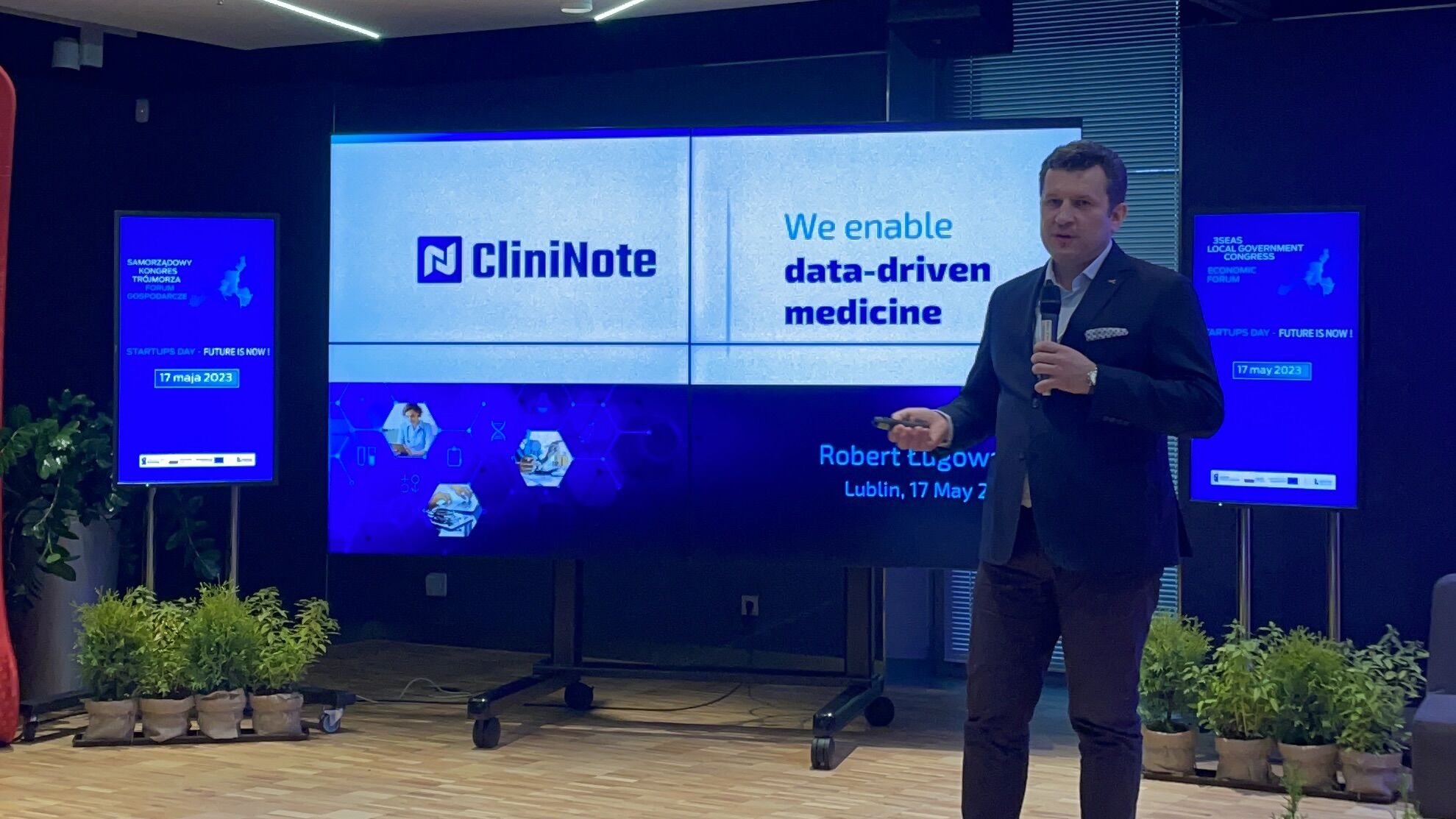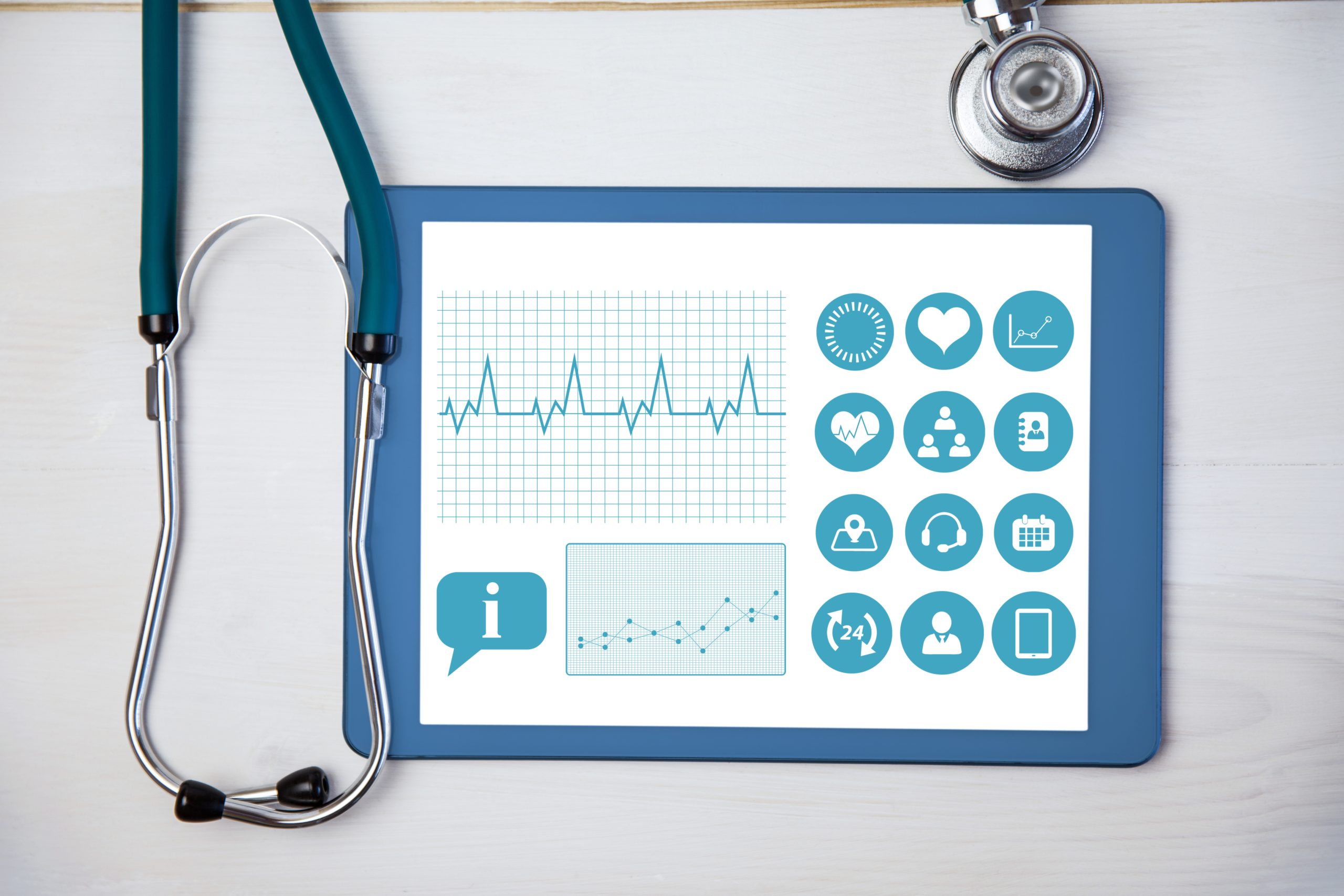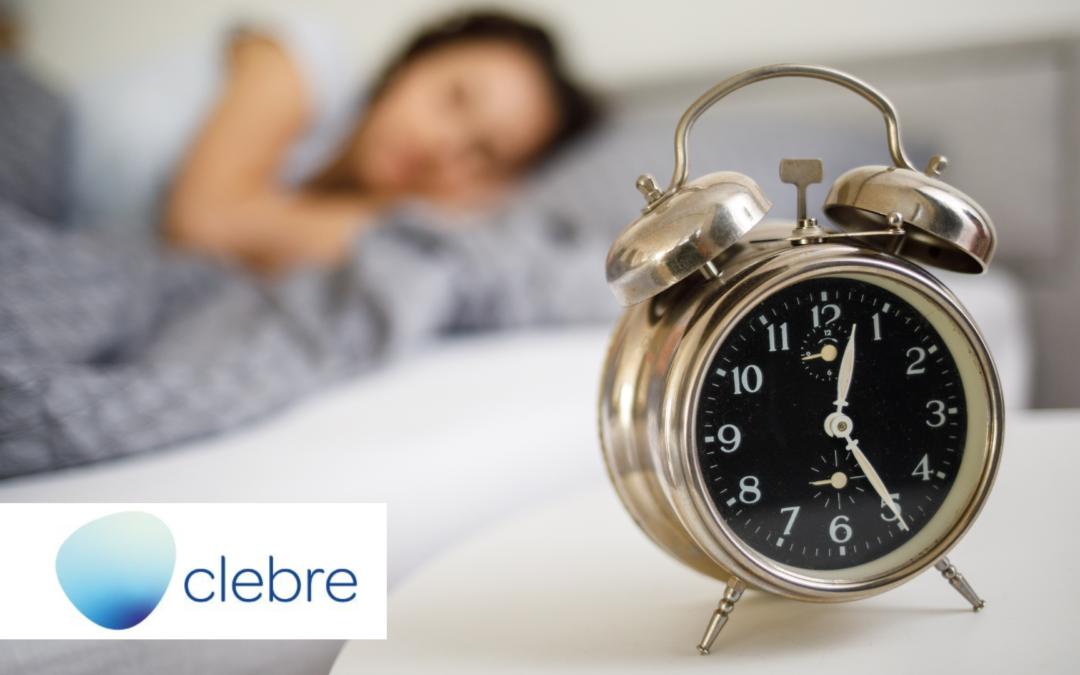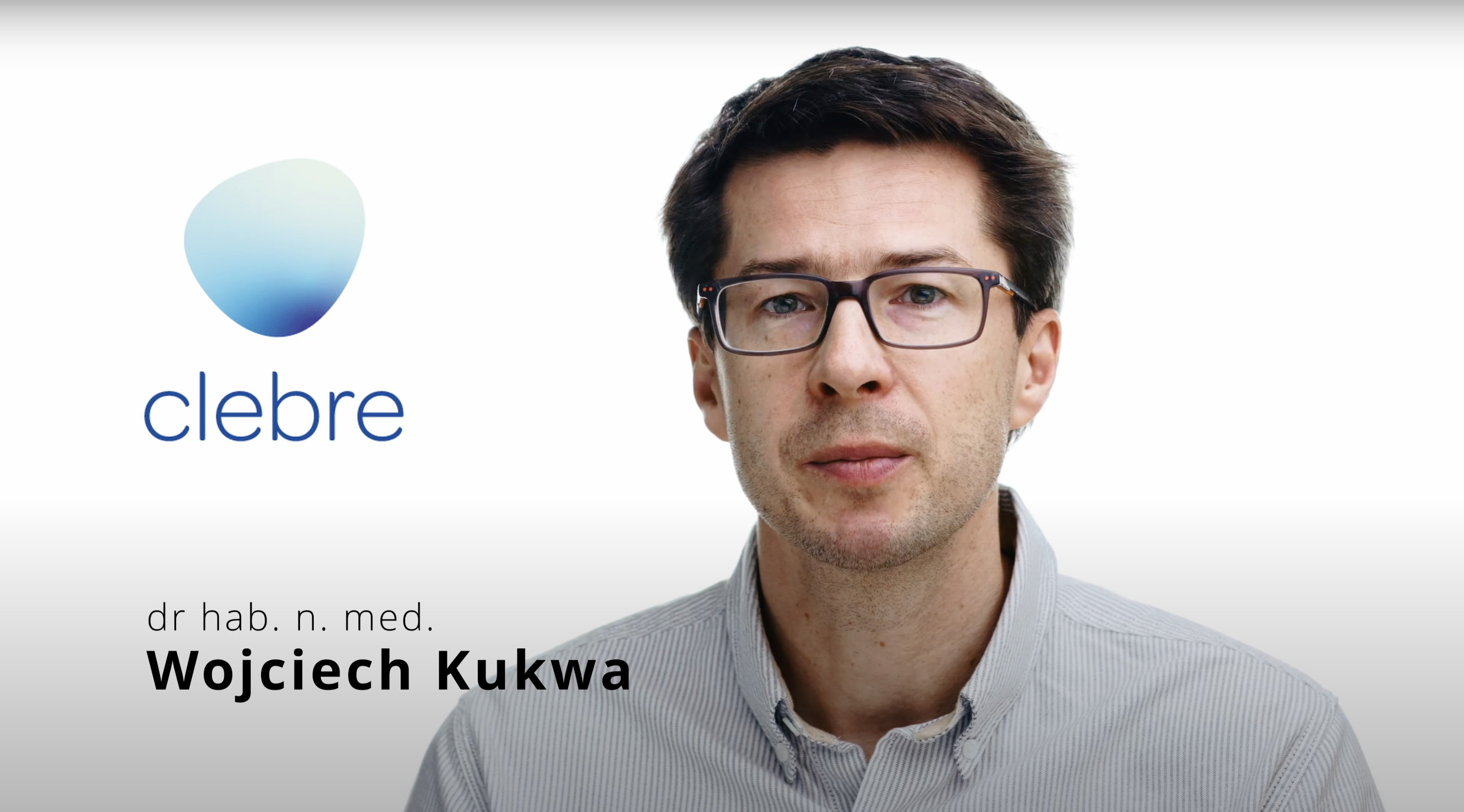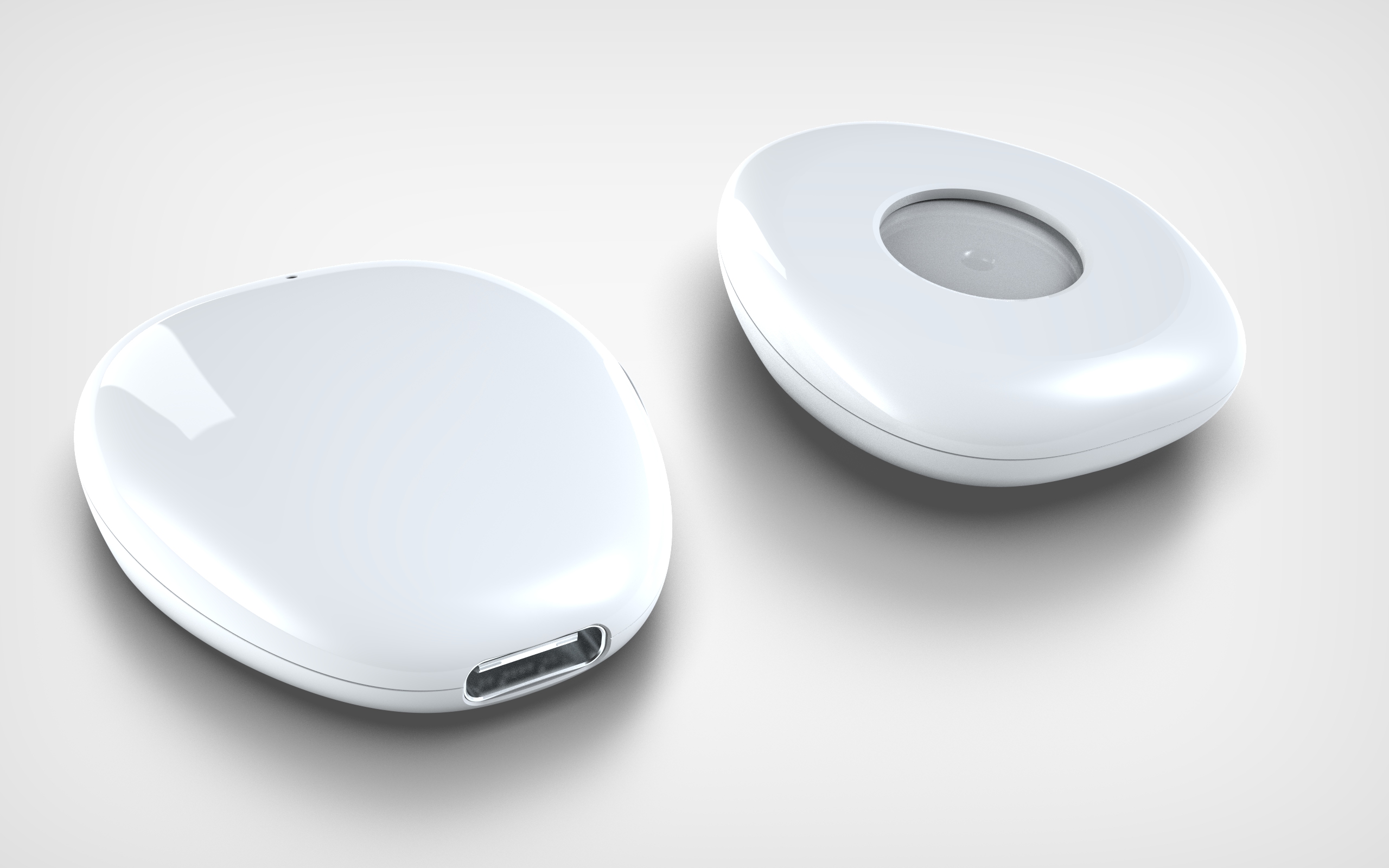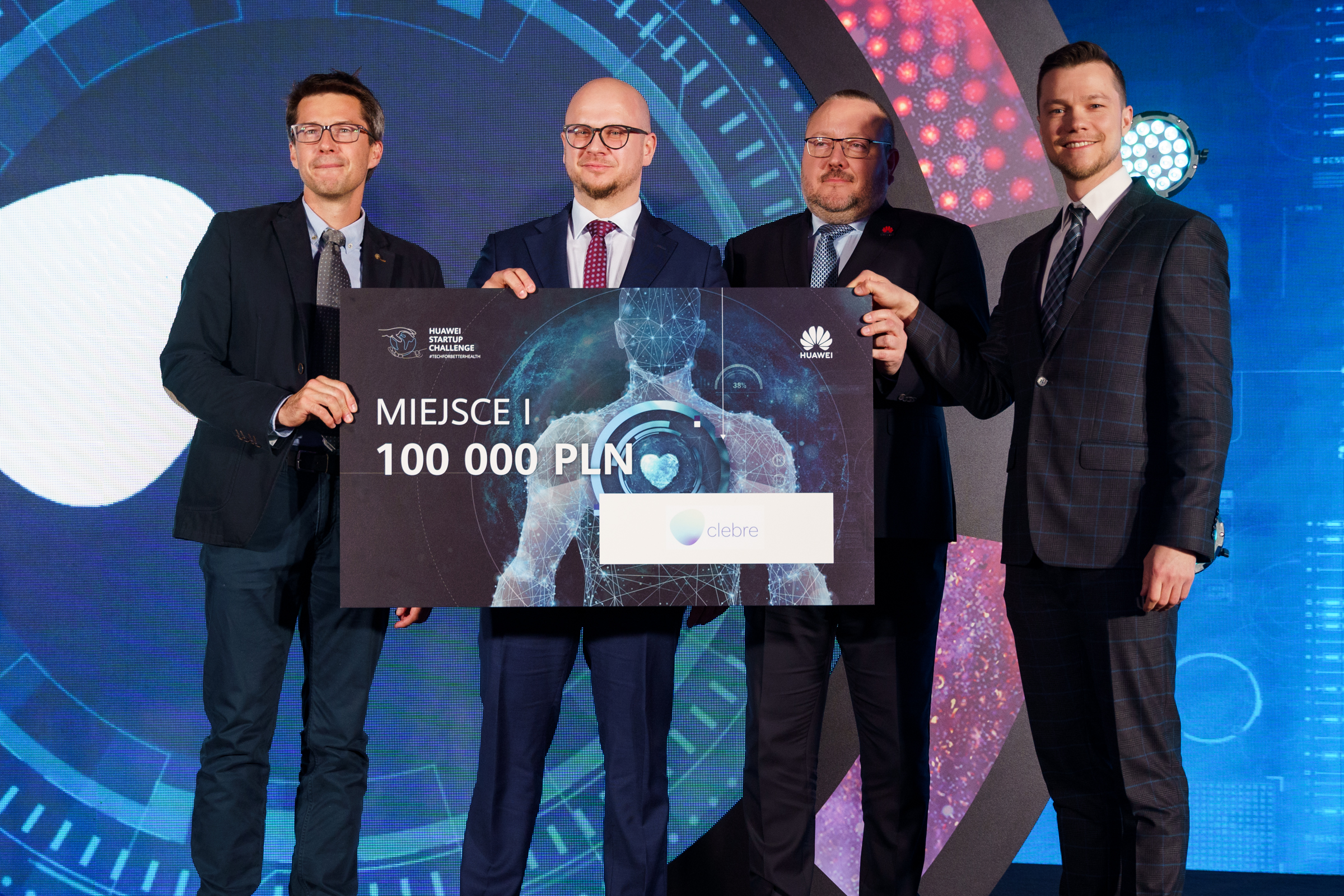In today's entry from the "Health Tech of the Week" series, we will focus on Talkie.ai, an innovative startup that is changing the face of customer...
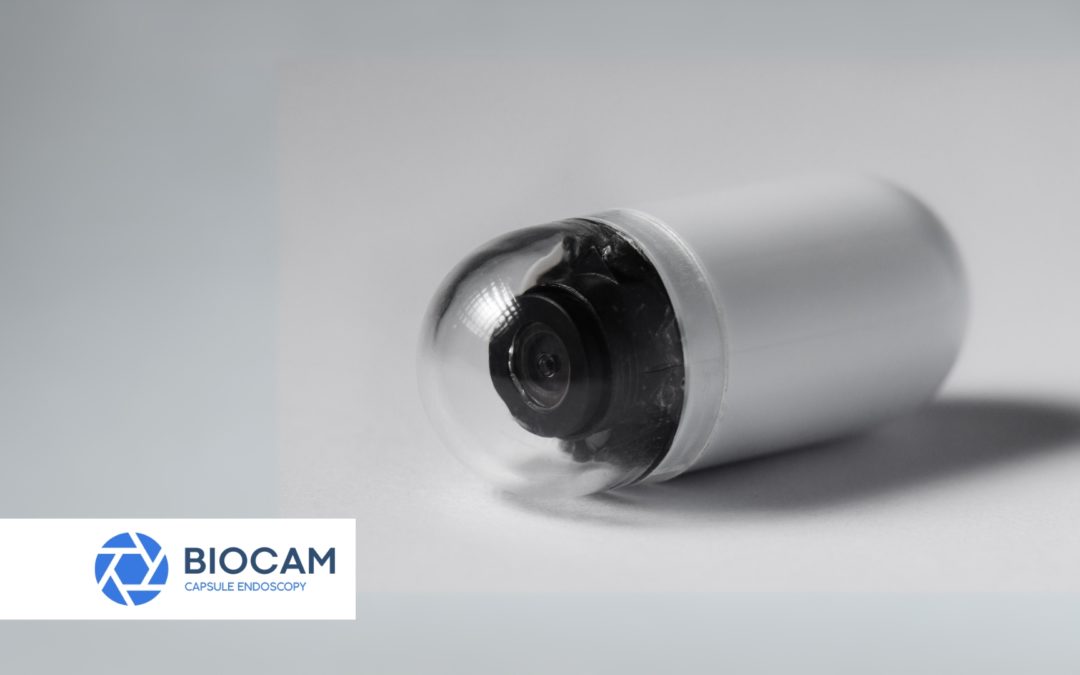
Health Tech of the Week: Biocam – Smart Endoscopic Capsule
In the latest issue of „Health Tech of the Week,” we present BioCam, an innovative startup revolutionizing the world of medicine.
As Maciej Wysocki, CEO of Biocam, says, the company’s beginnings were unusual. A few years ago, while working on innovative spectrophotometric technologies, Maciej was approached by a company that broadcast international freediving competitions, an extreme sport related to diving to depths of several hundred meters without equipment. They wanted to measure the physiological parameters of the divers, thereby increasing the attractiveness of their broadcasts. The then mentor, and now also a partner in Biocam, biotechnology expert Prof. Marek Langner, advised using endoscopic capsules for this purpose. By removing the cameras and adding sensors, they could monitor what happens to the divers’ bodies at different depths.
This commission prompted the creators of Biocam to analyze the market. However, a barrier was the price, at 2600 PLN for a single capsule and from 20 to 40 thousand PLN for a radio signal receiver, necessary for data acquisition.
– Seeing how expensive and niche this medical sector is, we decided it was worth changing and popularizing the entire technology of endoscopic capsules, relying on cheaper production costs and artificial intelligence algorithms for image analysis. Our key mission is to be a minimally invasive alternative for gastrointestinal screening tests. The basic social problem is that we are tested too late and too rarely, and most gastrointestinal cancers are diagnosed in the last stages of development, which precludes conventional treatment and means a death sentence. People avoid traditional endoscopic examinations due to panic fear, shame, and lack of education about the importance of screening tests – emphasizes the CEO of Biocam.
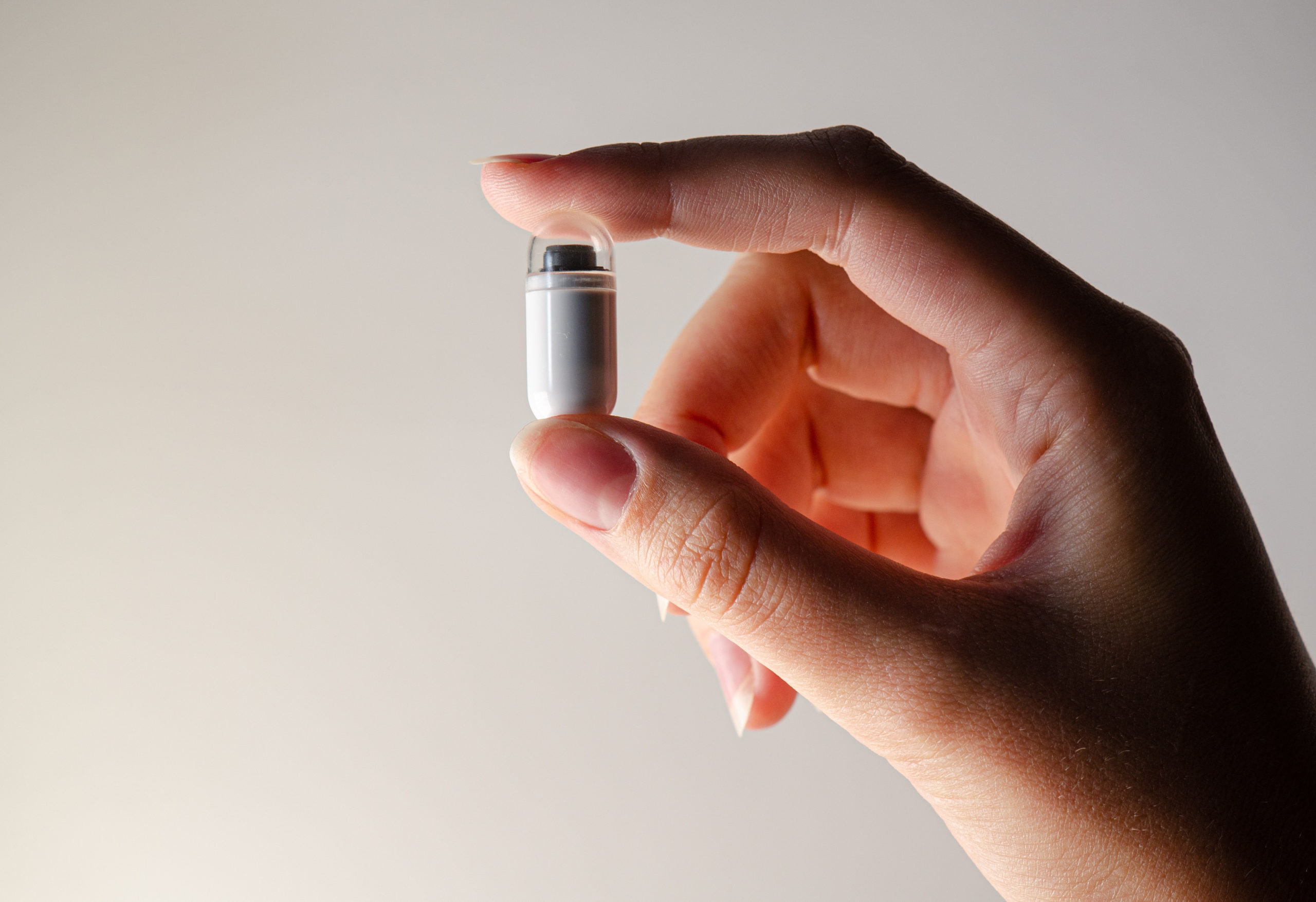
Breakthrough Thanks to AI Technology
BioCam, using AI in capsule endoscopy, responds to global challenges in medicine, including staffing shortages. The company’s AI algorithms, based on extensive data sets, surpass traditional image analysis methods in terms of speed and accuracy. This technology allows doctors to diagnose more effectively, reducing the risk of missing significant pathological changes. BioCam not only innovates in endoscopy but also actively shapes the vision of the future of medicine. The company emphasizes the importance of automation, telemedicine, and prevention in the context of aging societies and burdened healthcare systems. They are convinced that the future of medicine is prevention and early detection of diseases, which can fundamentally change the approach to treatment and health management.
Expansion and Development
In the market context, BioCam stands out by offering endoscopic capsules for examining the entire gastrointestinal system in the comfort of one’s own home. BioCam capsules are equipped with NBI technology, or tissue illumination with light of different wavelengths, all at a significantly lower price than the competition. By offering a comprehensive examination of the gastrointestinal tract, the company introduces a completely new standard in diagnostics. In the pre-commercial stage, BioCam plans to collaborate with a network of private clinics and the veterinary industry. Aiming for global expansion, they are extending their offer not only to the human market but also to the veterinary market, opening up new diagnostic possibilities.
– The idea of exploring the veterinary market came from the largest veterinary drug manufacturer in the region, so the need came directly from a potential customer and business partner. After analysis, we concluded that this is an area of activity with equally great commercial potential and even less competition than in the traditional medical market, which increases our chances of becoming an industry leader. Year after year, we are spending more and more on our four-legged friends, treating them as full members of the family. A good example is the variety of food we can buy or the quality of the ingredients used, compared to what was offered years ago. The invasiveness of traditional endoscopy is also significant, which for an animal must end with anesthesia, which is not the „healthiest” – adds Maciej Wysocki.

Innovations and Future Plans
BioCam is continuously developing its technologies, working on miniaturizing capsules for smaller animals and expanding diagnostic functionalities. The company is also exploring the potential of bioprinting and remote drug release, which could bring another revolution in medicine.
Stay tuned for more in the „Health Tech of the Week” series, where we will discover more fascinating stories from the world of medical technology that are changing the face of healthcare.
If you are leading an innovative project in the field of new technologies and medicine, or want to recommend an interesting solution, contact us at: [email protected].
Health Tech of the Week: Talkie.ai – A Virtual Receptionist Instead of Queues on the Hotline and at the Clinic
Health Tech of the Week: SDS Optic S.A. – A Breakthrough in Cancer Diagnostics
In today's edition of the Health Tech of the Week series, I present SDS Optic S.A., a company that has undertaken the mission to change the face of...
Health Tech of the Week: Feyenally – Revolution in Ophthalmic Care
In today's installment of the Health Tech of The Week series, we present Feyenally, which is on a mission to deliver innovative solutions in...


